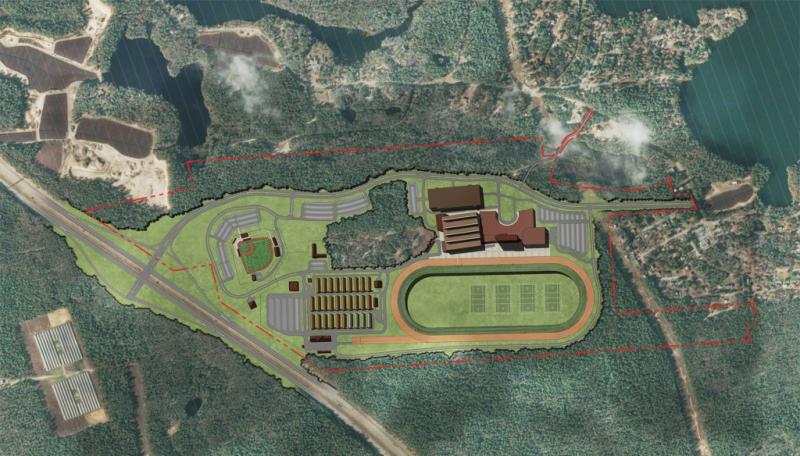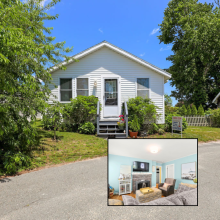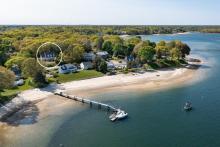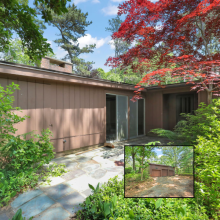Casino legislation endorsed by South Shore Chamber as report delayed still further
As a legislative committee has pushed its report on the bill that could allow for the proposed racetrack and casino in Wareham to June 1, the bill has secured the endorsement of the South Shore Chamber of Commerce Board of Directors.
The Cape Cod Canal Region Chamber of Commerce, which serves Wareham, Bourne and Sandwich, has not taken a position on the casino legislation.
“We find it troubling that Southeastern Massachusetts is almost effectively blocked under current law from even considering a gaming option,” South Shore Chamber President and CEO Peter Forman wrote to Rep. Susan Williams-Gifford. “Your legislation will enable an open and competitive process that will lead to the best possible solution for the region, one that compliments the tourism industry and the region’s economic strength.”
The bill filed by Gifford would grant the Gaming Commission the authority to offer a slots-only license for the South Coast and Cape Cod Region, rather than the full-scale resort casino license currently available.
The bill was initially filed in October, and is currently being studied by the Joint Committee on Economic Development and Emerging Technologies, which recently delayed its report for the second time.
While emphasizing that the chamber is not endorsing any specific project, Forman said the board found the Notos Group’s mixed-used proposal to be “worthy of study and consideration.”
“Your projects not only fit the goals and character of your host communities, but they promote quality of life and economic development beyond your own projects,” Forman wrote to Notos Group Executive Tom O’Connell, whose properties include Marina Bay and Granite Links Golf Club in Quincy. “If the legislation passes and you are able to proceed with a proposal, we know it will be a high-quality project.”
“We applaud the chamber’s leadership in advancing an important economic development project for Southeastern Massachusetts,” said O’Connell. “We also share the chamber’s objective of a robust process and conversation that will produce the best possible economic option for the region. That can only occur, however, if Rep. Williams Gifford’s legislation becomes law.”
Wareham Park, the proposed thoroughbred horse racing and electronic gaming facility, would also include a hotel, restaurants, and a ballpark for the Wareham Gatemen. It could also include other athletic facilities, including some for use by the Wareham Tigers, who endorsed the legislation earlier this year.
Gifford’s bill could allow for the project to get a license, but it would be up to the Gaming Commission, if the bill is passed, to determine whether it will offer the smaller license.
If the Gaming Commission was given the authority to offer a smaller license for the region, the Wareham Park Project would then compete against other proposals.
Should Wareham Park be awarded the license, there would still be several necessary steps for approval at the town level.
Town officials and the developer would need to negotiate a Host Community Agreement, which allows the town to set conditions, charge a community impact fee, and clarify the responsibilities of the town and developer.
Only after the agreement is signed may the town hold a referendum vote, which gives voters a chance to approve or deny the license. The vote would be via ballot, and the measure would need to pass with a majority vote.
Town meeting voters would also weigh in on the project. Because the land would need to be rezoned, two-thirds of voters would need to approve the zoning change.












